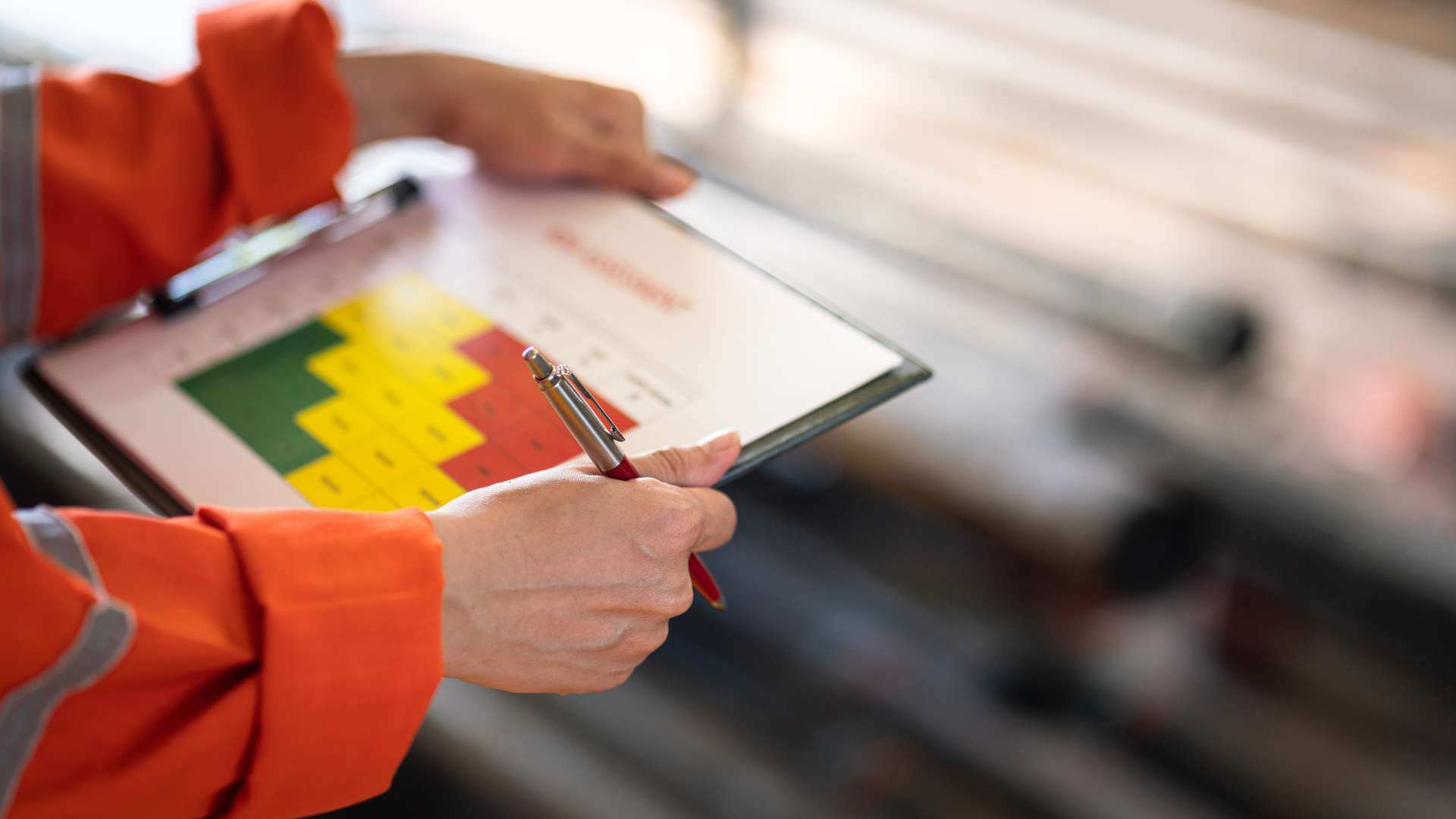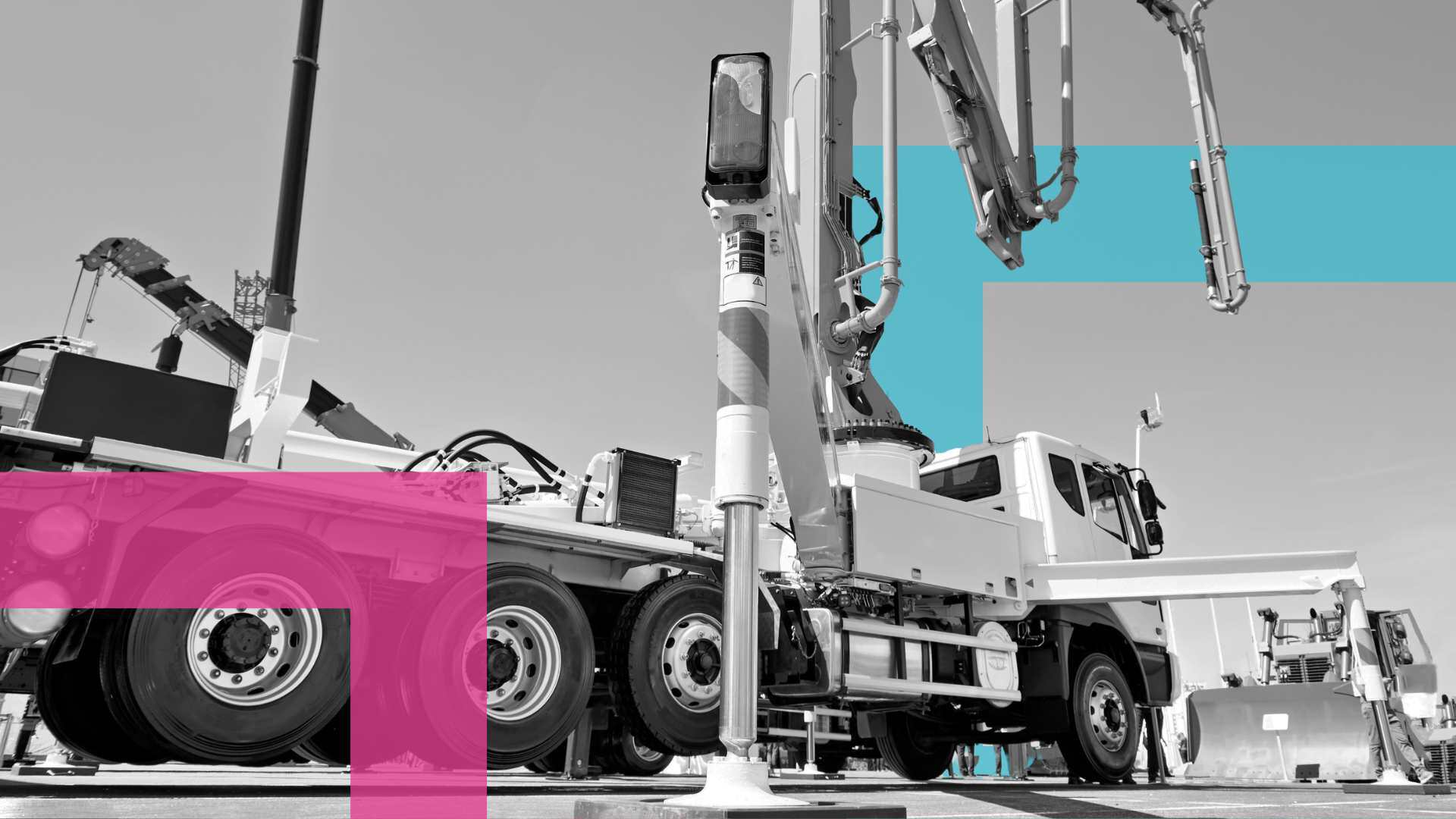Pre Start Plus rebranded to Ideagen Asset Guard
Ideagen Plant Assessor is pleased to announce the rebrand of its flagship pre-start app, Pre Start Plus, to Asset Guard. This rebrand aligns with...
|
|
Machinery Pre Starts
|
|
|
Risk Management &
|
|
|
Document Management
|
|
|
Dashboards & Reporting
|
|
|
Machinery Risk Assessments
|
|
|
Service & Maintenance
|
|
|
Safe Operating Procedures
|
|
|
MySite
|
|
|
View All Features |
Case Studies
Hear from our clients
Events
Find us at industry events
Guides
Find industry-specific guides
Learn
Educational content
News & Articles
Industry news and articles
Safety Legislation
We keep up with safety legislation
so you don't have to
Videos
Find overviews and informative
videos here
Webinars
View upcoming and on-demand webinars
Promotions
See our current promotions
FAQ
All of our frequently asked questions
Help Centre
How to use our software
View a Demo
Let us walk you through Ideagen Plant Assessor features
Release Centre
Product updates and release information
2 min read
![]() Matt Turner
:
Updated on January 24, 2025
Matt Turner
:
Updated on January 24, 2025

We all know machinery and its operation can be inherently dangerous.
Risk assessments play a crucial role reducing the risks involved in machinery operation and helping to protect the safety of workers. In this article, we take a look at exactly what a machinery risk assessment is and why it’s critical to be conducting them on your machines.
A machinery risk assessment is the systematic process of identifying, evaluating, controlling and monitoring potential hazards associated with a machine and its attachments. The objective of a risk assessment is to minimise the potential for the machine to be involved in an incident that could cause harm to the operator or those in the machine’s vicinity.
There are a number of critical reasons for conducting a risk assessment on your fleet of machinery.
Conducting a machinery risk assessment helps to identify potential hazards on the machine. Some of these hazards can include moving parts, electrical and hydraulic components or the ergonomics of the machine. Recognising the hazards is the first step towards reducing machinery-related risks and improving the safety of your workplace.
The next step of completing a machinery risk assessment allows you to control the hazards that have been identified. Using the hierarchy of controls is considered industry best practice for determining the most appropriate method for controlling a machine’s hazards. Implementing controls is the crucial component of the risk assessment that helps to reduce risks, and consequently, reduce the potential for your workers to be seriously injured or killed. However, it is important to continually monitor the hazard and its control to ensure it remains as effective as possible over time.
Compliance with safety legislation, regulations, standards and codes of practice is a requirement for businesses operating machinery. In many jurisdictions, you are obligated to conduct risk assessments on your machinery to ensure the risks to workers are reduced. Failure to comply with these requirements can result in hefty penalties such as large fines and lengthy prison sentences.
Conducting a risk assessment on your machinery is also a great opportunity to reflect on all of your obligations as a supplier or operator of machinery and ensure you are complying with them. For further information on your obligations, check out our guide on safety legislation.
If your machine is involved in an incident that causes injury or damage, you may be found accountable and be subject to severe penalties. By conducting thorough machinery risk assessments and implementing appropriate control measures, you can reduce your risk of liability. This not only helps to protect the safety of your workers but also safeguards the reputation and financial interests of your business.
Knowing comprehensive risk assessments have been conducted on your fleet of machines and appropriate control measures are in place can provide both you and your staff with peace of mind. Your workers can operate machinery confidently knowing their safety is prioritised and you will know you have done your utmost to ensure hazards are controlled and your legal obligations have been met.
Ideagen Plant Assessor specialises in machine-specific risk assessments with in-built legislative intelligence. Our team of experts is on hand to help you understand your machinery risk assessment requirements. Simply contact us on 1300 728 852 or info@assessor.com.au.
Disclaimer: This information is intended to provide general information on the subject matter. This is not intended as legal or expert advice for your specific situation. You should seek professional advice before acting or relying on the content of this information.

Ideagen Plant Assessor is pleased to announce the rebrand of its flagship pre-start app, Pre Start Plus, to Asset Guard. This rebrand aligns with...
.png)
Many businesses operating machinery still rely on traditional paper pre start books for daily machinery checks. While these booklets serve their...

A concrete company based in Melbourne has been convicted and fined $30,000 after an incident involving a concrete pump resulted in a worker’s hand...